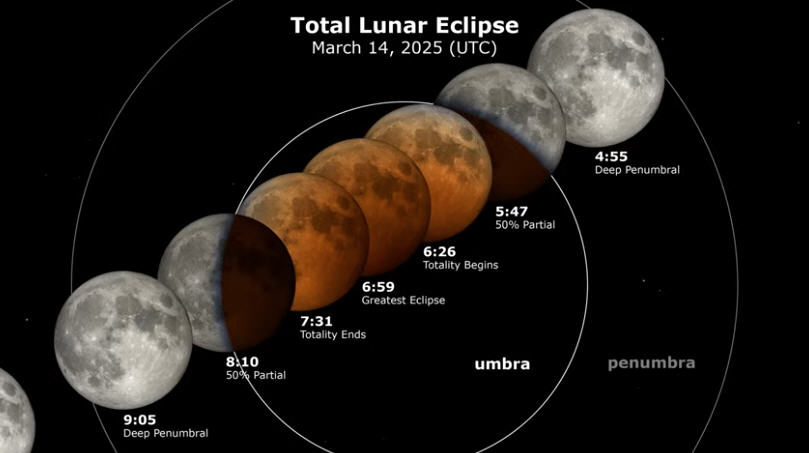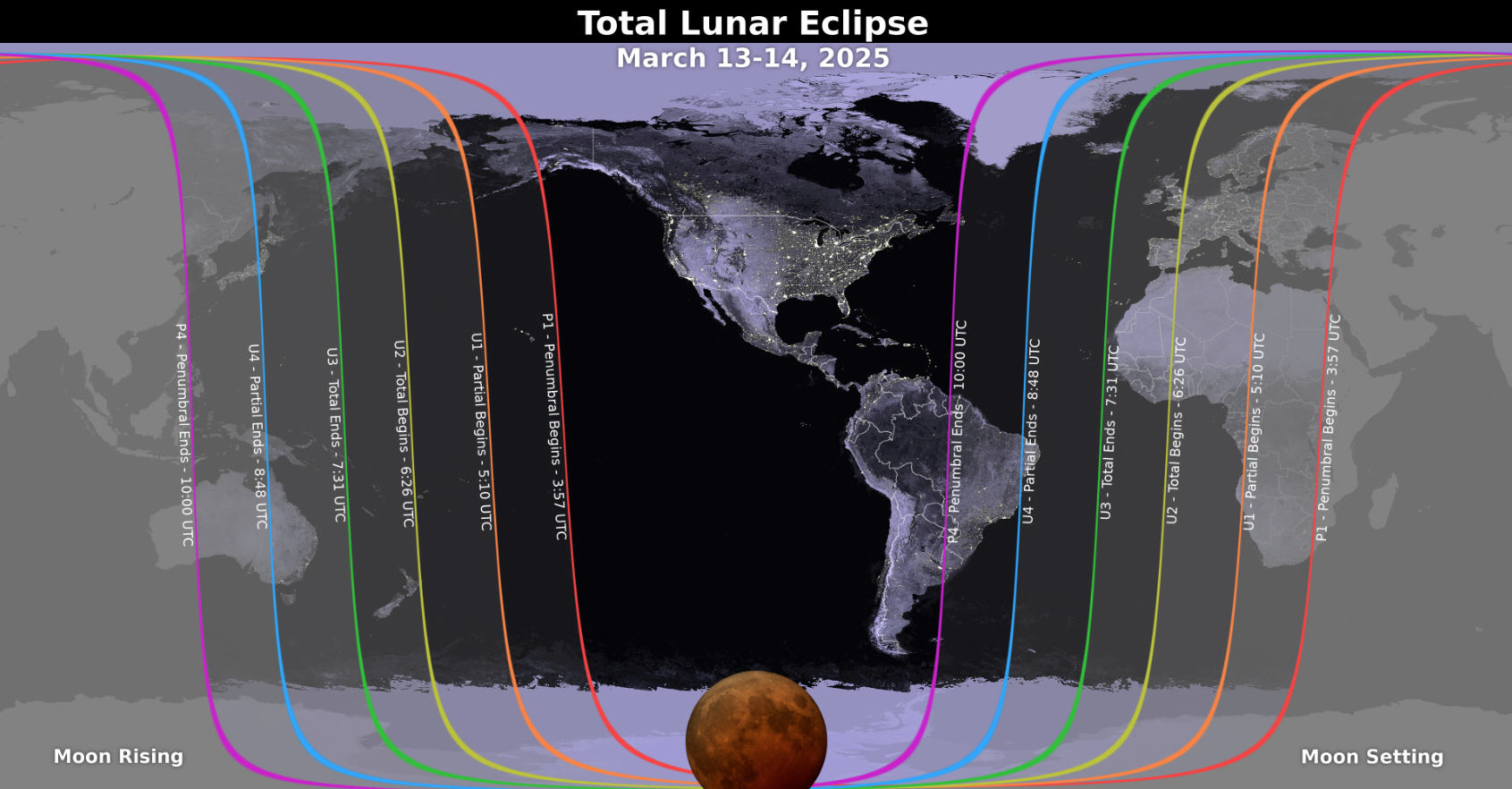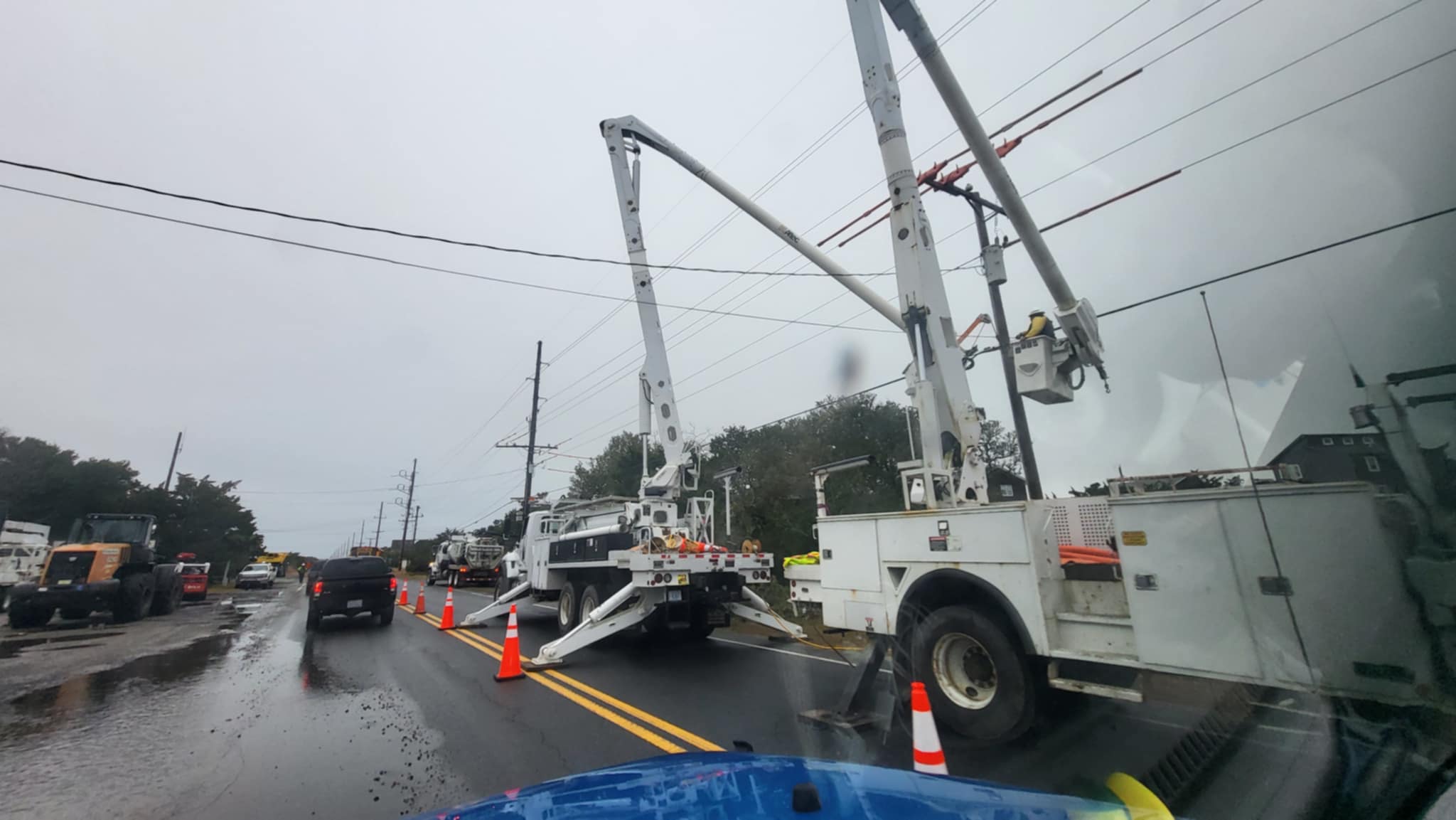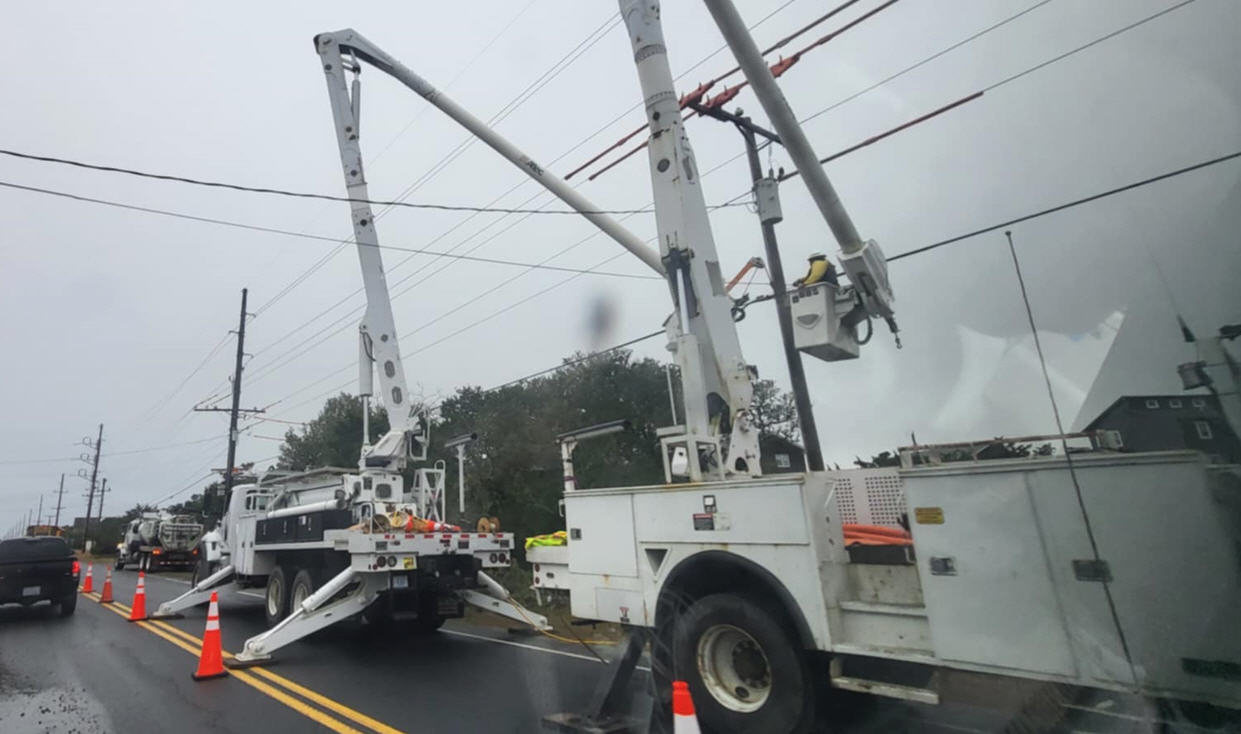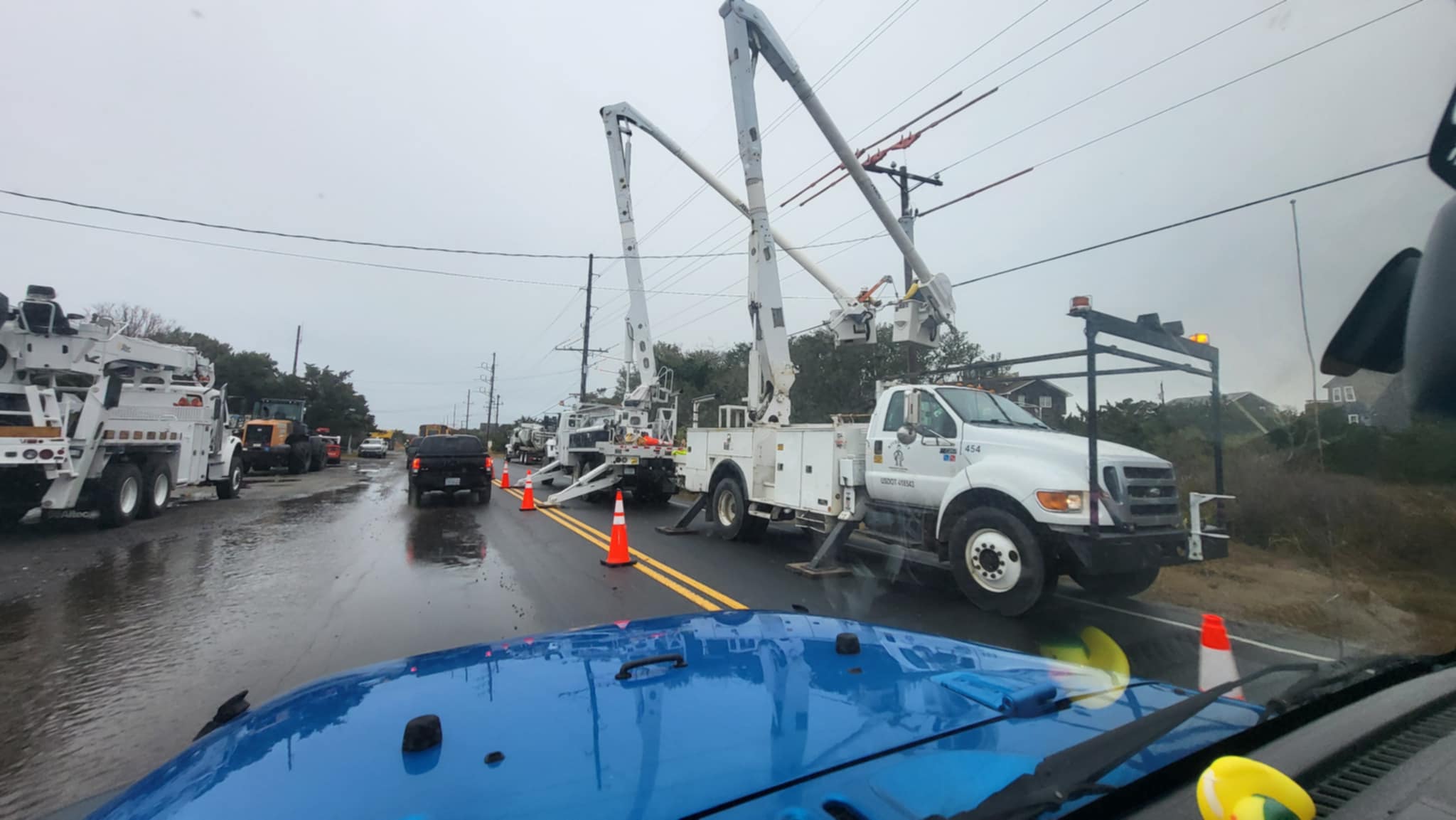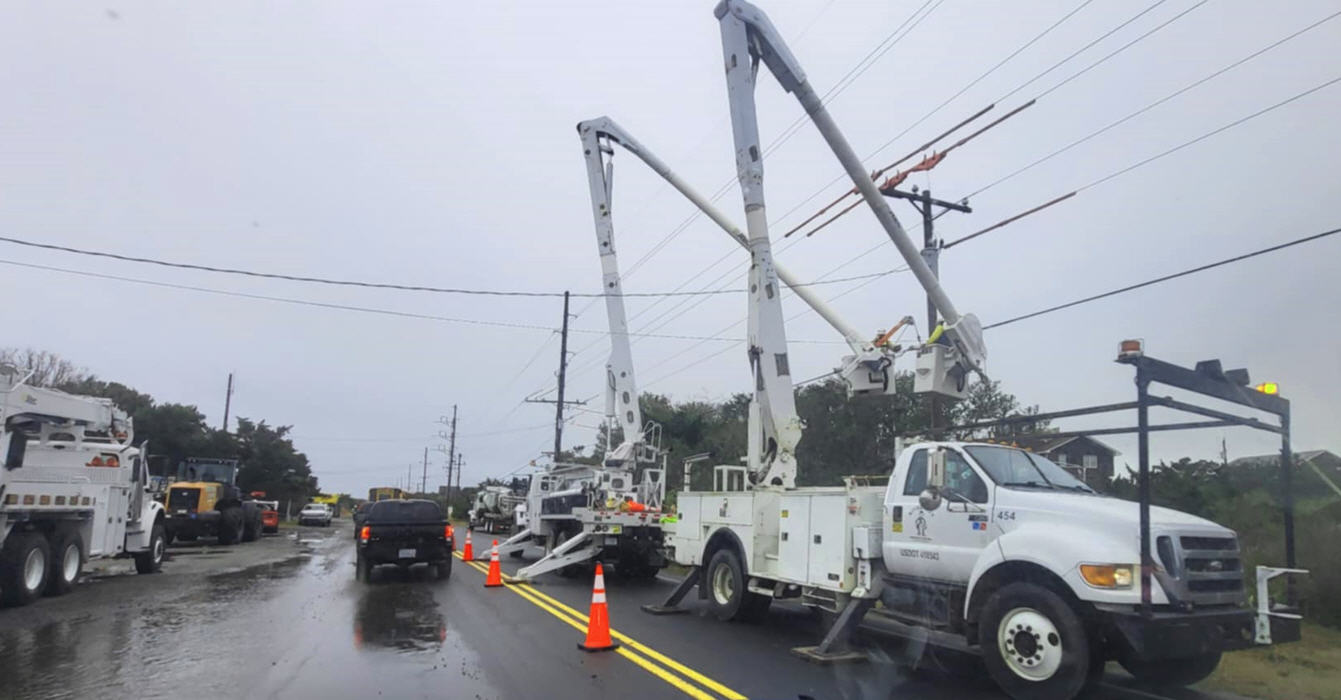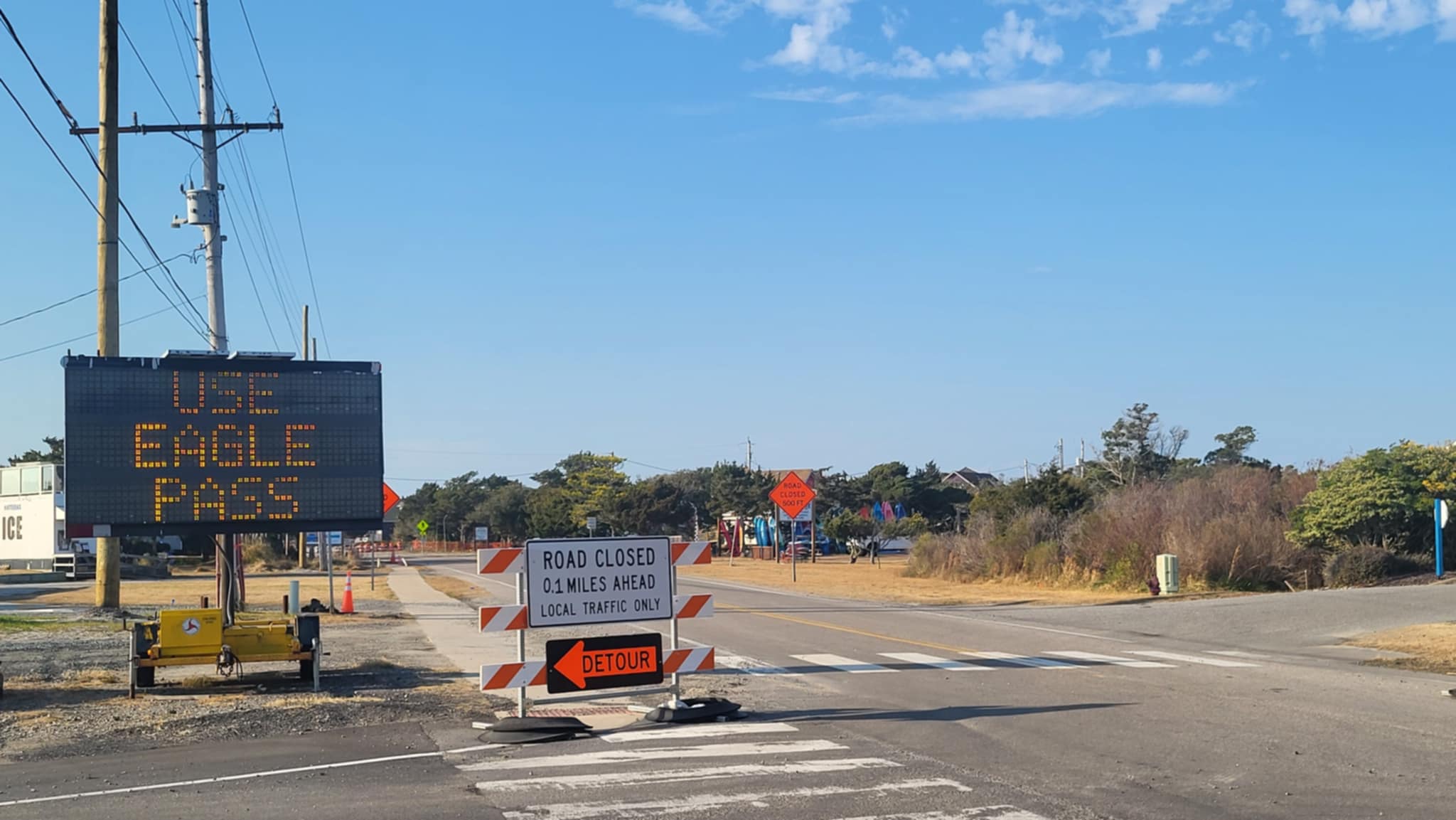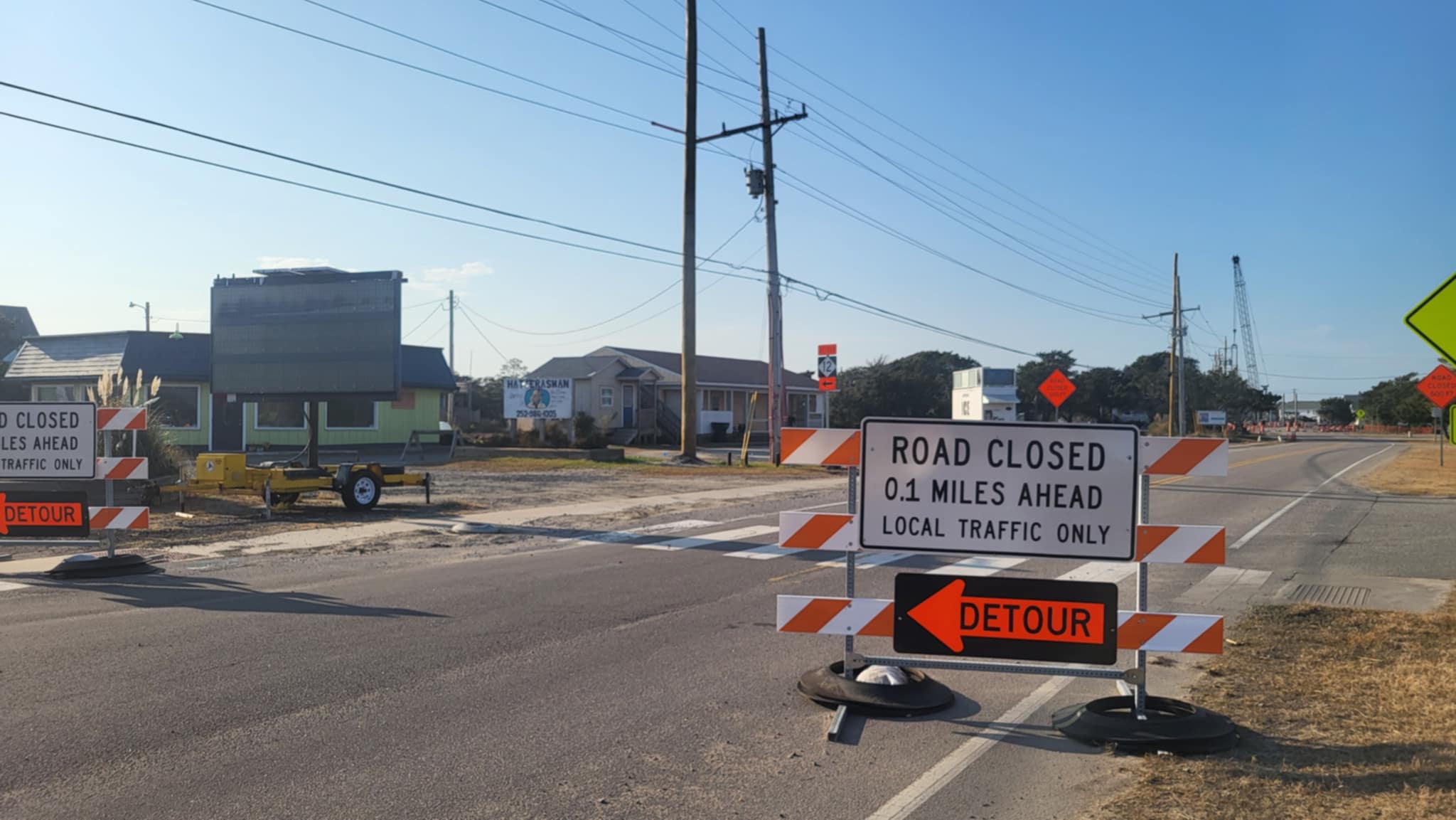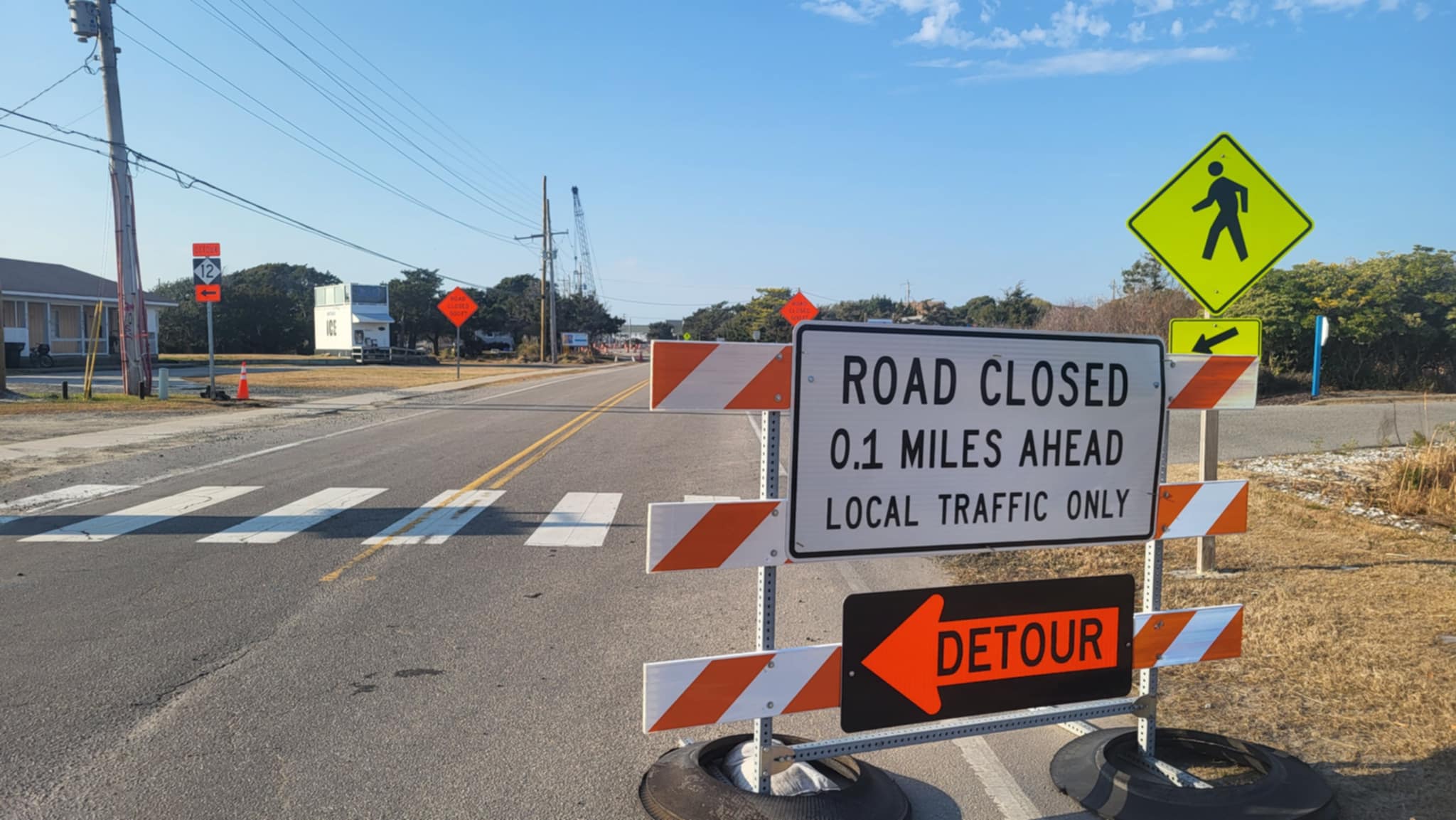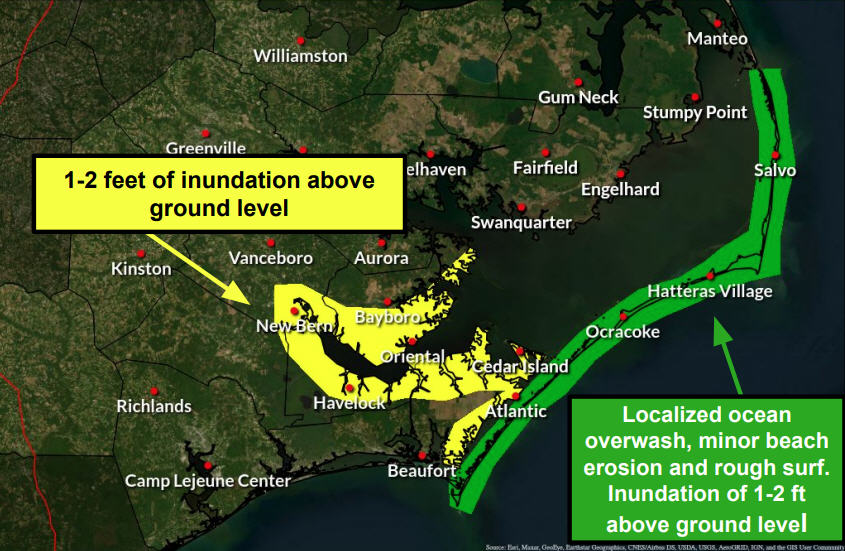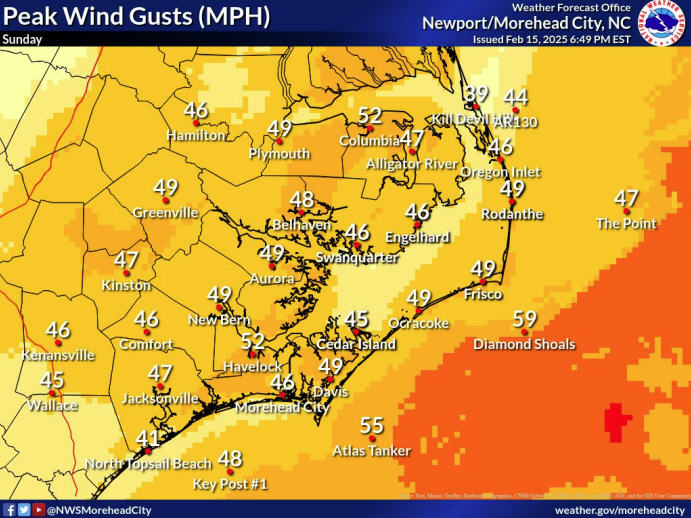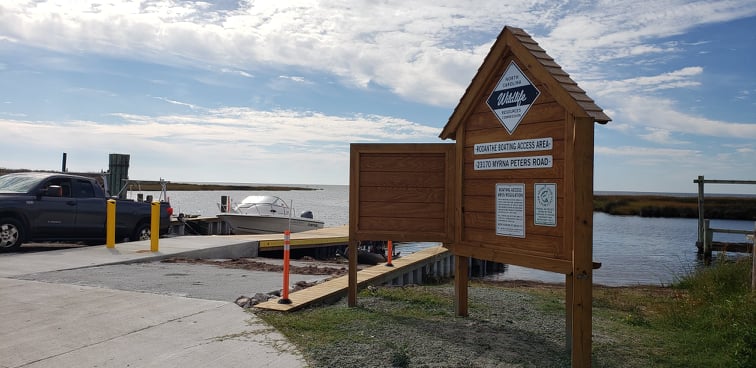Commerce secretary and NOAA administrator apologize to commercial fishermen
U.S. Commerce Secretary Gary Locke and NOAA administrator Jane Lubchenco have apologized to New England fishermen who were wronged by inappropriate and excessive enforcement actions enacted by NOAA enforcement staff for more than a decade.
Locke announced yesterday, May 17, that $649,527 in fisheries enforcement penalties will be returned to 11 individuals or businesses after an independent review of their cases concluded the NOAA enforcement program had in some instances “overstepped the bounds of propriety and fairness.”
In his decision memo issued yesterday, Locke acted on 30 cases reviewed by the Special Master, Judge Charles Swartwood III, accepting all of his recommendations that the law allows and taking additional actions in several cases. Locke appointed Swartwood to conduct the independent review of cases identified by the Department of Commerce’s Inspector General as problematic. The individuals and businesses will receive their remittances within 30 days of receipt of payment information.
“As a former prosecutor, I expect our entire law enforcement program to uphold high standards and maintain the public’s trust. Enforcement has to be fair, uniform and consistent. I accepted all of the Special Master’s recommendations in every instance where I have authority to do so under Magnuson-Stevens Act, and in some cases I went beyond the Special Master’s recommendation,” said Locke. “In addition, we are implementing additional reforms to make regulations and enforcement more fair and effective. We inherited this decades-old problem, but it’s ending on my watch.”
Among the businesses and fishermen who will receive returned penalties are the Gloucester Seafood Display Auction ($16,515) and former New Bedford sea scallop fisherman Lawrence Yacubian ($400,000), whose cases date back to the early 2000s.
During the period of time associated with the 30 reviewed cases, NOAA investigated over 40,000 incidents and issued penalties or sanctions in about 6,000 cases. Swartwood is currently reviewing approximately 80 additional applications that were received during a recent application period. The applications that meet the standards set forth in Locke’s March 2011 Decision Memorandum will receive further review.
“Today we acknowledge and rectify past mistakes, apologize to the fishermen and businesses hurt by these mistakes, and rededicate ourselves to work with the fishing industry to sustain and grow fishing jobs,” said Dr. Jane Lubchenco, undersecretary of commerce for oceans and atmosphere and NOAA administrator, who traveled to Gloucester, Mass., to meet with affected fishermen and with NOAA enforcement staff in the region. “Since coming into office two years ago, I made reform of our fisheries enforcement program a top priority. I believe today marks a major turning point in NOAA’s relationship with America’s fishermen, and in particular fishermen in New England.”
In June 2009, after hearing concerns from fishermen, businesses, and elected officials, Lubchenco asked the Department of Commerce Inspector General to conduct a national review of NOAA’s enforcement program. Based on this review and other findings, Locke and Lubchenco instituted sweeping changes in its enforcement program, including:
New enforcement leadership at headquarters and in the New England regional office.
Transfer of authority to issue charges and settle cases from the field staff to supervisors in headquarters.
A more transparent penalty policy to give greater clarity for the regulated community.
A revision of regulations to place the burden on NOAA to justify its proposed penalty and permit sanctions in hearings before administrative law judges.
An Asset Forfeiture Fund Use Policy that greatly restricts the uses of the fund in order to ensure there is no conflict of interest, real or perceived, with the use of the fund.
Management and personnel changes that emphasize compliance over punishment, including the hiring of a former fisherman as compliance liaison in New England.
For a complete list of NOAA enforcement reforms instituted over the past two years, click here.
In response to Swartwood’s report, Locke and Lubchenco announced that, in addition to returning penalties, NOAA would take the following actions:
Work with fishery management councils nationwide to simplify and streamline regulations
Work with all the regional fishery management councils to simplify fishery management regulations and provide routine training for the fishing industry and other stakeholders on regulatory compliance.
Require all enforcement personnel and enforcement attorneys to attend annual professional and ethics training to ensure they follow fair, effective and professional procedures.
Expand the compliance liaison program nationwide to assist fishermen at the waterfront better understand and have stronger incentives to comply with regulations.
Reinforce current strict guidelines to limit communications between NOAA staff and administrative law judges to ensure there is no conflict of interest, real or perceived.
Finalize a workforce analysis to more appropriately balance the number of enforcement officers and special agents to more effectively communicate with the industry and match its enforcement needs.
“By reducing penalties, I want to make it clear that fisheries enforcement serves fisheries, fishermen, and fishing communities,” said Locke. “The primary goal of the enforcement program is to increase compliance with the regulations necessary to ensure our fisheries are sustainable. NOAA should strongly enforce marine resource laws, and act prudently to serve those whose livelihoods depend on the marine resources these laws protect. NOAA has worked to refocus its fisheries management, enforcement and compliance programs consistent with these goals. Today’s decision is one more step in that process.”




